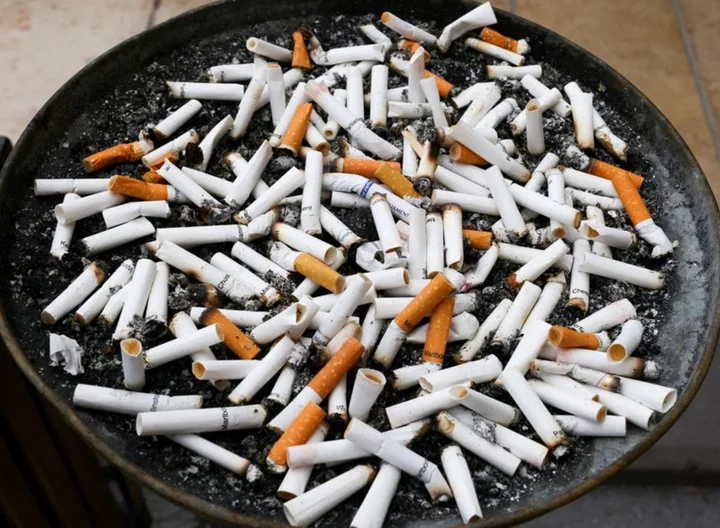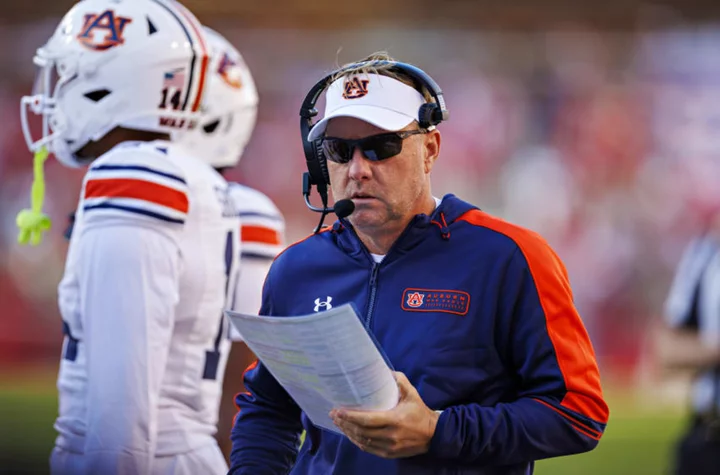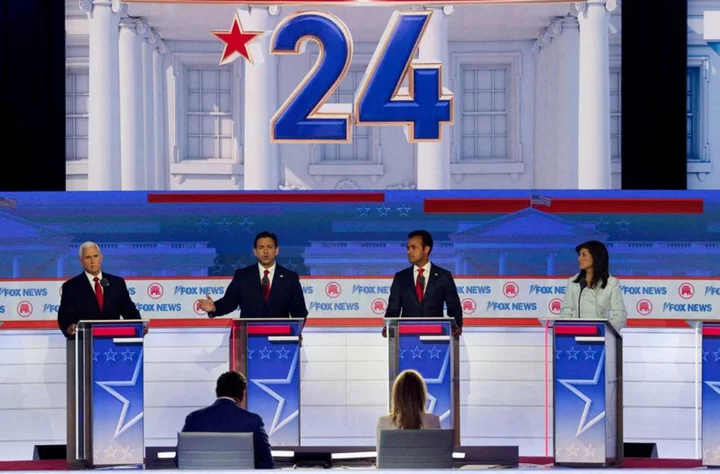LONDON Global progress in policies to reduce tobacco use slowed for the first time in 12 years following the outbreak of the COVID-19 pandemic, according to analysis published on Wednesday by the Global Tobacco Control Progress Hub, which warned millions of people worldwide likely continued to smoke as a result.
The hub, a collaboration between the non-profit Action on Smoking and Health (ASH) Canada and the John Hopkins Bloomberg School of Public Health, tracks the enactment of the World Health Organization's (WHO) Framework Convention on Tobacco Control, a global treaty aimed at reducing smoking.
It found that between 2020 and 2022, there was a slowdown in the implementation of six of the treaty's core, high-impact measures, including tax increases, advertising and promotion bans and rules prohibiting smoking in public places.
Les Hagen, executive director of ASH Canada, said while the pandemic understandably distracted governments, the slowdown was "disturbing", and called on nations to step up their efforts.
He warned the drop-off in implementation could have "dire consequences for millions of people worldwide, especially if sustained".
The analysis is based on countries' self-reporting to the WHO, Hagen said. Two thirds of countries reported either no improvement or a decline in the implementation of key tobacco policies, while only one third reported an improvement.
The biggest declines were registered in low-income countries, and particularly in the eastern Mediterranean and south east Asian regions, the hub said.
The six key policies have been shown to reduce smoking rates when implemented, Hagen said, adding that millions of people who would otherwise have quit are likely still smoking as a result.
The WHO says that tobacco kills up to half of its users that do not quit.
A separate report from STOP, a network of academic and public health organisations, and the Global Center for Good Governance in Tobacco Control, published last week also found a deterioration in governments' implementation of another aspect of the WHO treaty aimed at preventing tobacco industry interference in policy.
(Reporting by Emma Rumney; Editing by Mark Potter)









